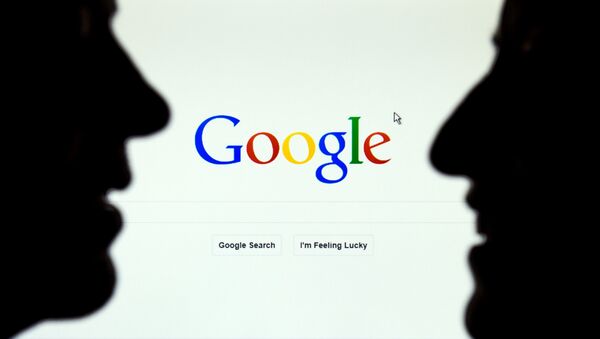MEPs, April 24, wrote to Google demanding the company "implement Google's own guidelines on harassment and bullying content, and stop serving ads to the hate site Breitbart.com."
"Fake news is a complex problem, but there is one simple thing you can do to tackle it in this instance. Breitbart (and Google) makes money from displaying Google Ads on the site, often without the knowledge of the brands involved," the MEPs wrote.
"More than a thousand brands have stopped their ads appearing on the site, and workers have resigned over their employer's unwillingness to sever ties with Breitbart."
'Difficult Issues'
Google has now responded, staunchly defending itself, refusing to even mention the Los Angeles-based news network in its response.
"We would like to reassure you that we understand your concerns, and that we take hate speech and 'fake news'-issues that extend well beyond any individual website-very seriously. We will also outline how we have put in place a long-term, considered response to these difficult issues," Google said in its letter.
"Since its inception, the world wide web has enabled people to share a diversity of views, products, and services, with tens of thousands of new web pages coming online every day. Online advertising- such as that provided by Google, amongst others — has enabled millions of website publishers and creators in Europe and around the world to build businesses, find audiences and earn a living.
"Google has strict policies that determine the types of content against which ads may be displayed. These policies exclude ads from, for example, content that promotes illegal activity, contains graphic or gory images, and more, and we enforce them rigorously," Google said.
"In addition, we have also built comprehensive tools for advertisers to define to a granular degree the content and websites that they deem to be appropriate for their ads. Advertisers can, for example, target and block content by topics, categories, content appropriateness, and even by individual URLs."



